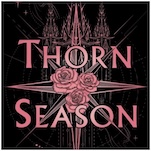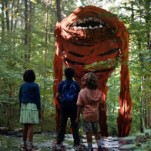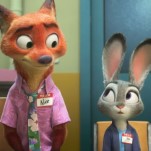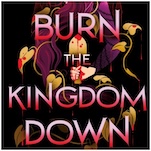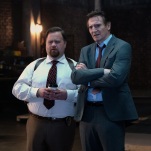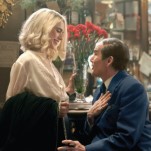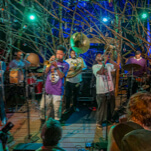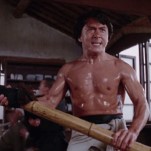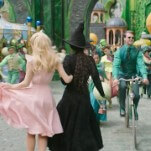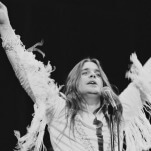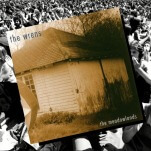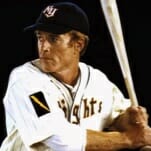Ought: The Best of What’s Next
While the three Yanks and one Aussie in Montreal-based Ought were recording More Than Any Other Day, inspiration could be found just by looking out their window. It was spring 2012 in downtown Montreal and tens of thousands of students and supportive demonstrators were protesting considerable hikes in tuition rates proposed by the Quebec Cabinet.
“[Seeing] people marching in the street each night, it definitely felt like something real was happening,” drummer Tim Keen recalls. “It profoundly affected the way we make music. I remember this subtle shift. It’s hard not to recognize that when we talk about the record or what we are as a band. Not that we are a direct response to that.”
Keen is from Melbourne, Australia and his accent charmingly slants the pronunciation of Ought’s name when he meets new listeners (he often has to spell it.) Tim Beeler (vocals/guitar), Ben Stidworthy (bass) and Matt May (keys) are from the states, growing up in New Hampshire, Oregon, and New Jersey respectively. Each came to Montreal for school, and you could say the rest is history, but these protests set off and…
“And it’s not so much that our music was directly changed but we as people were changed,” Beeler says. “The way I thought about things changed. But we weren’t making a political record. We write everything collaboratively. Nobody comes in with even as much as a guitar lick.”
But if you take a step back, Beeler admits it’s tempting to trace the uniquely rousing energy of the record to “that momentum and the feeling we’ve all been part of.”
The opening track’s rhythms set this strangely groovy march—something anthemic, something one could almost dance to—while these rustled guitars clang out tight resonations spurring the vocalist’s very first lyric, presented as a forceful grunt, something like the clearing of the band’s collective throat.
“Pleasant Heart’s” opening arrangement of intricate rhythms blend gracefully erratic drums under funky-smooth bass licks. There’s some dissonant, John Cale-esque violins sawing in the background for added eerie atmosphere, and the lyrics really are some of the most poetically thought-provoking words we’ve been walloped with in a while.
“But it wasn’t like, we’re in the strike, so we have to start writing this type of song,” Beeler says. Set the strike aside. It was the musical dialogue sparked between the four of them, the jam, right there, in the moment that held the greatest sway over the songwriting.
May says it all comes from improvisation, whether “casually or very seriously jamming; all very off the cuff, finding parts we like and focusing in. From where I’m standing, these things just coming out, there’s not, generally, any logic that I see…” Keen laughs at this. “It’s mystical,” May continues, “Beeler can speak to that…”
“What?” Keen inquires for us, mid-interview. “Whether there’s logic?”
May: “Just, having freedom to work things out as they’re happening. It’s really important. We could wander into atrocious places, just having fun, playing 90’s alt-rock riffs and then suddenly [Stidworthy] will do something cool on bass and everyone can lock in…”
-

-

-

-

-

-

-

-

-

-

-

-

-

-

-

-

-

-

-

-

-

-

-

-

-

-

-

-

-

-

-

-

-

-

-

-

-

-

-

-

